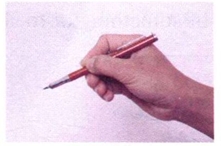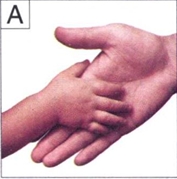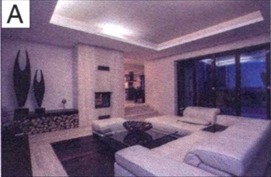排序
HSK 2 Unit 14 Have you seen that movies B
The e-book, including text, picture, audio and video explanation for HSK 2 Unit 14 Have you seen that movies B 你看过哪个电影吗?
HSK 2 Unit 14 Have you seen that movies A
The e-book, including text, picture, audio and video explanation for HSK 2 Unit 14 Have you seen that movies A 你看过哪个电影吗?
HSK 2 Unit 13 The door is open B
The e-book, including Text, picture, audio and video explanation for HSK 2 Unit 13 The door is open B 门开着呢
HSK 2 Unit 13 The door is open A
The e-book, including Text, picture, audio and video explanation for HSK 2 Unit 13 The door is open A 门开着呢
HSK 2 Unit 12 You wear too little B
The e-book, including text, picture, audio and video explanation for HSK 2 Unit 12 You wear too little B 你穿太少了
HSK 2 Unit 12 You wear too little A
The e-book, including text, picture, audio and video explanation for HSK 2 Unit 12 You wear too little A 你穿太少了
HSK 2 Unit 11 He is three years older than me B
The e-book, including text, picture, audio and video explanation for HSK 2 Unit 11 He is three years older than me B 他比我大三岁
HSK 2 Unit 11 He is three years older than me A
The e-book, including text, picture, audio and video explanation for HSK 2 Unit 11 He is three years older than me A 他比我大三岁
HSK 2 Unit 10 Stop looking for your cellphone B
The e-book, including text, picture, audio and video explanation for HSK 2 Unit 10 Stop looking for your cellphone B 别找了,手机在桌子上呢














